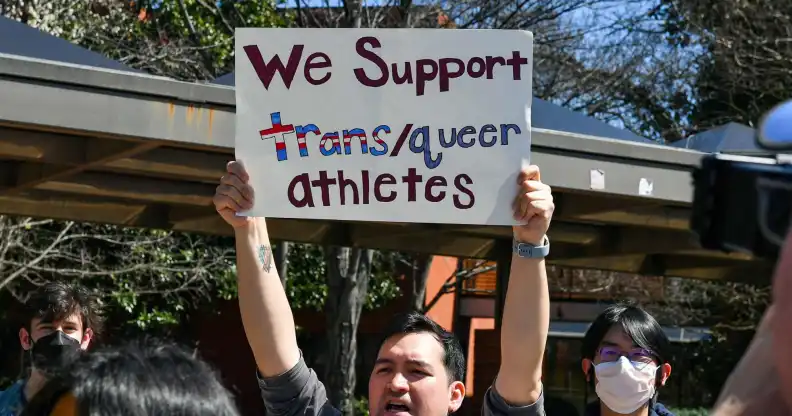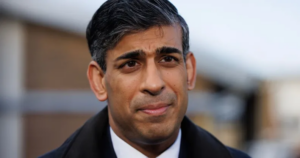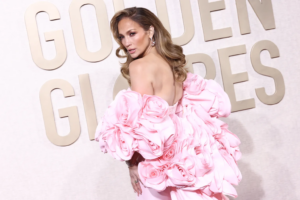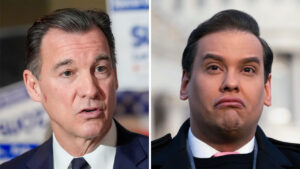
A group of United Nations experts has issued a call for countries, athletes, and sports organizations to uphold the rights of transgender and intersex individuals in sports. In the lead-up to the Sporting Chance Forum, which is part of the UN's year-long celebration of the 75th anniversary of the Universal Declaration on Human Rights (UDHR), these experts have expressed serious concerns about the systemic barriers faced by women and girls, including those who are lesbian, gay, bisexual, transgender, gender-diverse, or intersex, in the realm of sports.
The experts' policy stance calls on states, international sports bodies, athletes, and other stakeholders to uphold and protect international human rights laws and standards in the domain of sports without any form of discrimination. This call is particularly significant at a time when transgender athletes have come under intense scrutiny and faced abuse. Several sporting organizations have implemented bans on transgender individuals competing in categories aligned with their gender identity, and some US states have restricted trans youth from participating in teams corresponding to their gender, even for recreational purposes.
The exclusion of trans women and women with intersex variations (or those perceived as such) from female sports categories is, according to the experts, a clear violation of human rights obligations based on the principle of non-discrimination and their right to privacy. They express deep concern about the offensive and sometimes hateful targeting of trans and intersex individuals in social media and public discourse, especially as it relates to their self-identity and bodily autonomy, which has repercussions on their physical and mental well-being.
States must uphold the ideal of sport that is inclusive of LGBTI+ persons.
— Victor Madrigal-Borloz (@victor_madrigal) October 31, 2023
Read a joint statement issued by 13 @UN_SPExperts: https://t.co/80jLaUq33j
"We're convinced that sports have the power to change perceptions, prejudices & behaviors: it must not be used to reinforce them". pic.twitter.com/TTXXgiyN3X
The experts urge stakeholders in sports to stop targeting trans and intersex women under the pretext of protecting women's sports and to remain committed to fair competition by considering relevant factors that may affect participation based on categories protected by international human rights law, such as sex characteristics, sexual orientation, and gender identity.
This also includes the requirement to adopt human rights-based approaches in evaluating bids from countries seeking to host global sporting events. Notably, Saudi Arabia is scheduled to host the men's football World Cup in 2034, despite its poor human rights record and the criminalization of LGBTQ+ individuals.
The experts emphasize that sports have the potential to change perceptions, challenge prejudices, and influence behavior, and they should not be used to reinforce discrimination. They call on elite-level sports organizations to consider the implications of their decisions not only for LGBT and intersex athletes but also for the broader impact on LGBT and intersex individuals participating in sports at all levels and on social perceptions in general.
While the UN's position has been welcomed by trans individuals, their allies, and LGBTQ+ sports organizations, some “gender-critical” activists have reacted negatively, criticizing the UN as misogynistic.
In recent months, a number of sporting bodies, including Union Cycliste Internationale, Swim England, and the Welsh Rugby Union, have imposed restrictions on trans women participating in female categories, despite having few or no professional-level trans athletes in their sport. The debate surrounding trans inclusion has become increasingly toxic, with some individuals openly abusing transgender people, spreading conspiracy theories, and weaponizing anti-trans narratives against non-trans women.
Author























